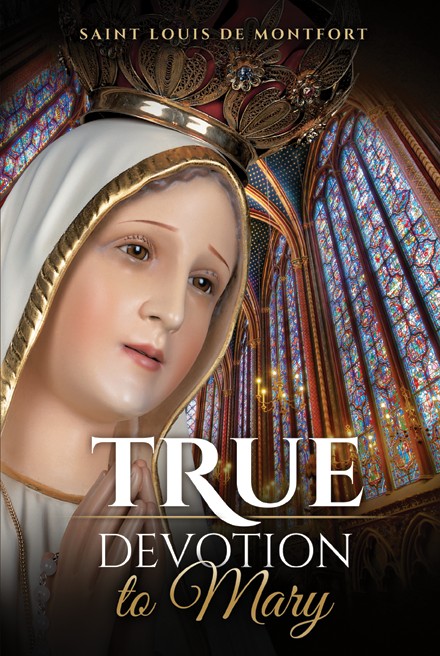8PRM
How Should We Pray
the Holy Rosary?

Image credit to the owner For illustration purposes only
If you will hear the Dominican Friars recite their daily rosary, they start with Psalm 70: “O God, come to my assistance; O Lord, make haste to help me”, a formula of a stark acceptance of one’s humble insufficiency.
One should pray the Holy Rosary with the “feeling of devotion and love of God in the heart.”
Responding to objections to the Rosary, Pope Paul VI made it clear that the rosary is an excellent introduction and a faithful echo of the liturgy, enabling people to participate fully and interiorly in it and to reap its fruits in their daily lives.
(Dogmatic Constitution on the Church Lumen Gentium, 66.)
The Holy Rosary is typically a meditative prayer. You contemplate on the 20 mysteries, the hallmarks in the life of Christ.
Pope Paul VI continues:
“Without contemplation, the Rosary is a body without a soul, and its recitation runs the risk of becoming a mechanical repetition of formulas, in violation of the admonition of Christ: ‘In praying do not heap up empty phrases as the Gentiles do; for they think they will be heard for their many words’ (Mt 6:7). By its nature the recitation of the Rosary calls for a quiet rhythm and a lingering pace, helping the individual to meditate on the mysteries of the Lord’s life as seen through the eyes of her who was closest to the Lord. In this way the unfathomable riches of these mysteries are disclosed”.
(Apostolic Exhortation Marialis Cultus (2 February 1974), 47: AAS (1974), 156)